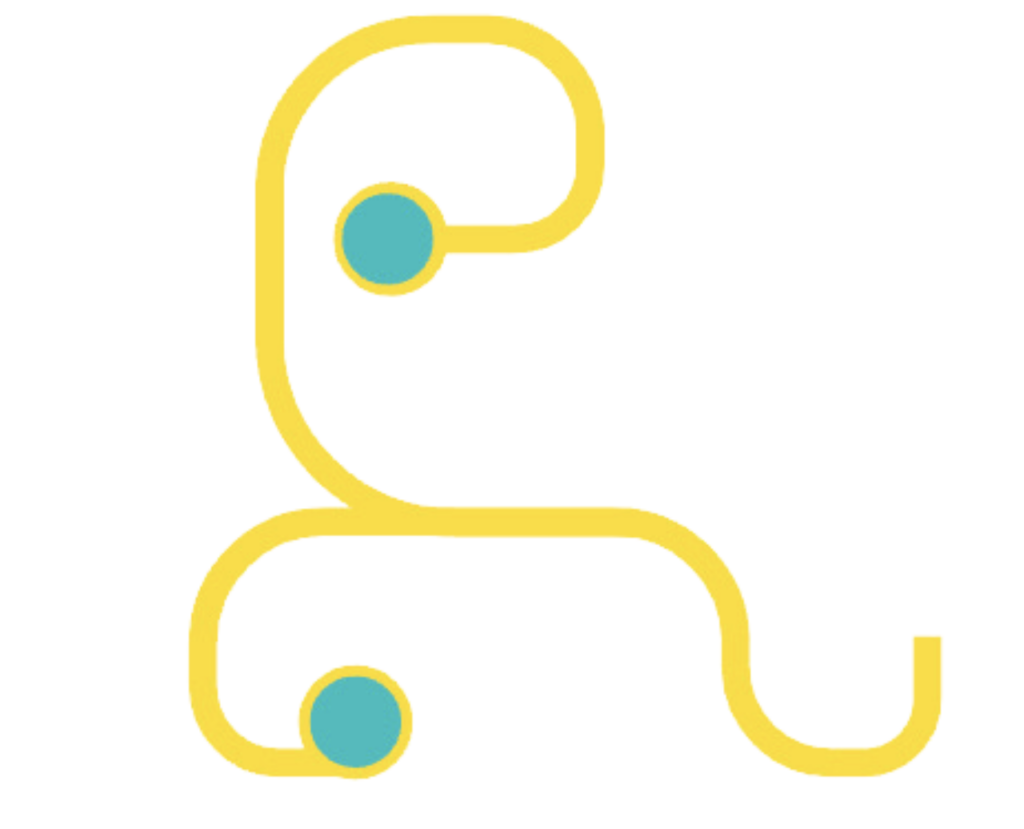Conference Program
What’s going on at Build Peace 2024? Find out about the core themes that will guide this year’s conference, taking place on November 14 – 16, 2024 in Manila, the Philippines.

Build Peace 2024: Pushing Frontiers, from the Ground Up
The conference theme is a reflection of the importance of grassroots perspectives to frontier issues in peacebuilding and conflict in Asia. Specifically, the conference will focus on three frontier issues in peacebuilding and conflict, each representing a sub-theme:

Conflict-aware technology design: how can technology design respond to an understanding of the impact technologies have on conflict? What actors can influence technology design, and how? What might a collective action campaign for conflict-aware design of technology look like?

New spaces of mediation: how can global and local mediation practices adapt to address pressing conflict dynamics connected to technology, climate adaptation, and border / territorial contestation? In these news spaces of mediation, how should we navigate between nationally owned processes, changing regional dynamics, and international norms?

Climate adaptation and conflict: how are peacebuilders engaging with climate change – as a conflict driver, and as an area requiring adaptations in our field? What are the linkages between climate adaptation technologies and peacebuilding technologies?
Across these three sub-themes, we will particularly explore collective action approaches, looking at ways in which people contribute from the bottom up to each of these frontiers.
